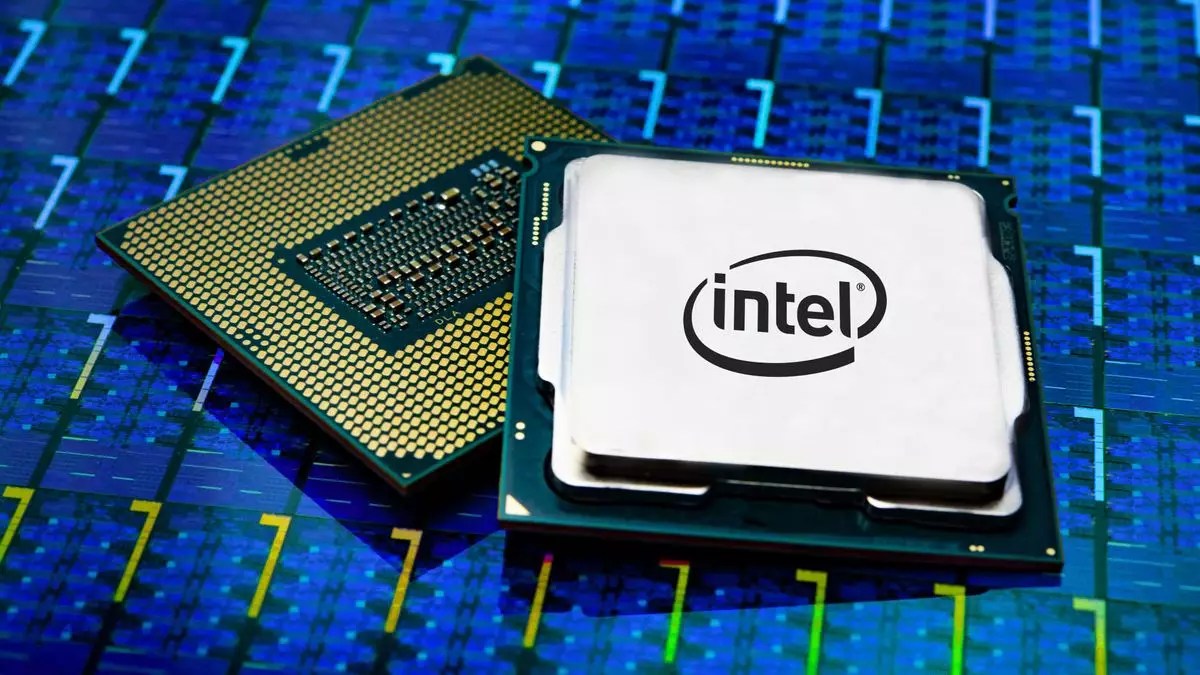Recent developments in the ongoing tech war between China and the US have raised concerns about the security and reliability of technology sourced from the US. The Chinese government has taken a bold step by seeking to ban the use of Intel and AMD CPUs in government computers, and by phasing out Microsoft Windows. This move, according to a report from the Financial Times, is driven by China’s desire to ensure that government systems have “safe and reliable” hardware and software, as well as privacy concerns.
Impact on US Companies
The ban on US sourced tech in Chinese government computers is expected to have significant implications for companies like Intel, AMD, and Microsoft. China was Intel’s largest market in 2023, making up 27% of its sales, and the region accounted for 15% of AMD’s sales. The potential financial hit on these companies is significant, given the size of the Chinese market. The move also raises questions about the future relationship between China and these US tech giants.
China’s decision to phase out US technology in government systems is also aimed at boosting its domestic technology sector. By transitioning to domestically produced options, the Chinese government hopes to reduce its reliance on foreign technology and enhance its own capabilities. This move can be seen as a retaliation to similar actions taken by the US, highlighting the growing tensions between the two countries in the tech sphere.
The significance of cutting-edge chip technology as a national security priority cannot be understated. Without access to advanced chip technology, governments risk vulnerabilities that could have serious implications for various sectors of the economy. The example of Taiwan and its crucial role in global chipmaking serves as a stark reminder of the potential consequences of disruptions in the supply chain.
The banning of Intel and AMD CPUs in Chinese government computers marks a pivotal moment in the tech war between China and the US. It raises questions about the future landscape of the global tech industry and the extent to which governments will go to protect their national interests. As China moves towards self-sufficiency in technology, US companies may face increasing challenges in accessing one of the largest markets in the world.
China’s ban on US tech reflects a broader trend of geopolitical tensions shaping the tech industry. The move towards domestic alternatives underscores China’s determination to assert its technological independence and reduce its reliance on foreign technology. As the tech war continues to escalate, the implications for both Chinese and US tech companies remain uncertain.


Leave a Reply